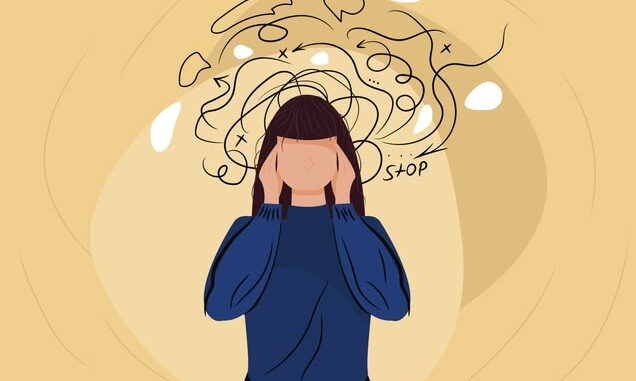
Mental health is becoming a major concern among young people nowadays. Many are feeling stressed from school, social media, and everyday challenges. This made it more difficult for students to care for their mental health, bringing more discussions about the need for better support. Schools and communities are starting to pay more attention to these problems.
These issues among young Canadians are on the rise, according to a recent report from Statistics Canada. In 2023, 26% of youth aged 16-21 rated their mental health as "fair" or "poor," compared to just 12% in 2019. It reflects the increasing pressure on students to manage academic work, social expectations, and everyday life.
Many students are feeling the weight of these challenges. Rebecca, a first-year college student, tells about her experience: "It’s been really tough balancing school and everything else. I feel like I’m always stressed about something, whether it’s assignments, deadlines, or even trying to stay connected with friends online. Some days, I even just don’t feel motivated enough to get out of bed."
It's usual to feel stressed like this. The report also shows how the rise of social media is making it harder for youth to keep up with good mental health. “You constantly see people online who seem like they have everything together, and it’s tough not to compare yourself. It makes you feel like you’re staying behind, even if you’re doing okay” says David, a second-year university student.
Having good mental health can be difficult for young people today especially with a lot of pressure on them. It's difficult to feel at peace because of the endless responsibilities of academic and professional life as well as the social media comparing culture. Also, it might be stressful to figure out who you are in a world that is constantly changing. It’s easy to get caught in periods of stress, anxiety, and burnout when it feels like there’s always something to stay up with.

The report also telling us about unique struggles faced by youth from the 2SLGBTQ+ community. According to the study these individuals are more likely to experience mental health issues and suicidal thoughts than their cisgender, heterosexual peers. The additional weight of discrimination and identity struggles creates the mental health pressure for many in this community.
While the rising numbers are concerning, there are efforts being made to give more support for students. Many colleges and universities are expanding access to mental health services, including counseling, peer support programs, and stress management sessions. These resources can help students deal with their challenges by providing a safe space to talk and build a sense of community. Having these supports accessible can reduce feelings of isolation and provide helpful resources for managing stress and maintaining well-being during tough times.

Despite the challenges, students are hopeful for change. Rebecca believes that starting more conversations about mental health can make a difference. “I think just being open about what we’re going through helps. We need to know it’s okay to not always be okay, and there’s no shame in asking for help.”
As the report suggests, addressing these mental health challenges requires more attention on creating supportive environments for youth. Providing accessible resources, developing open discussions, and reducing judgment around mental health are crucial steps in helping young people overcome these difficult times.
Mental health continues to be a growing concern, but with more awareness and action, there is hope for better support systems in the future. Helping young people with their mental health is really important. By giving them more resources, talking openly about their struggles, and reducing judgment, we can help students handle challenges and build a healthier future. It's a crucial step for their overall success.

Be the first to comment